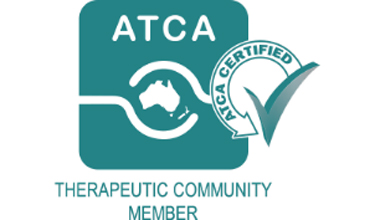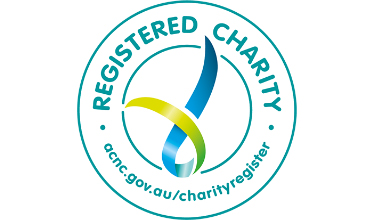Research has demonstrated evidence of a strong link between mental health and substance use/addictions.
Goldbridge Rehabilitation Services strives to maintain the lowest possible fees for our clients so that they are not adversely affected financially.
Many people who are addicted to alcohol and/or other drugs are also diagnosed with other Mental Health issues, such as anxiety and depression, and vice versa.
While mental illness and substance use/addiction exist together, there is no evidence to suggest that one directly caused the other. Research has pointed to a number of possibilities as to why mood disorders and substance use co-exist. For example, the use of substances may cause symptoms of mental ill health, and people who experience mood disorders like depression or anxiety may use alcohol and others substances to help them cope, and this eventually leads to addiction.
Common mood disorders that co-exist with substance addiction are as follows:
- Anxiety – This is a mood disorder characterised by excessive worry, to the degree that a person’s ability to carry out everyday tasks is affected. Within this mood disorder ‘family’, there are various forms of anxiety disorders characterised by their symptoms.
- Depression – Everybody feels down from time to time, but depression is more than that. Depressive disorders are marked by a constant low mood that lasts for weeks or months and often there is no apparent cause for it.
Goldbridge has a strong belief that, when treating additions, it is also important to address underlying issues, including co-occurring mood disorders such as depression and anxiety. When given the tools to resolve mood disorders effectively, rehabilitating from AOD additions is more successful.





